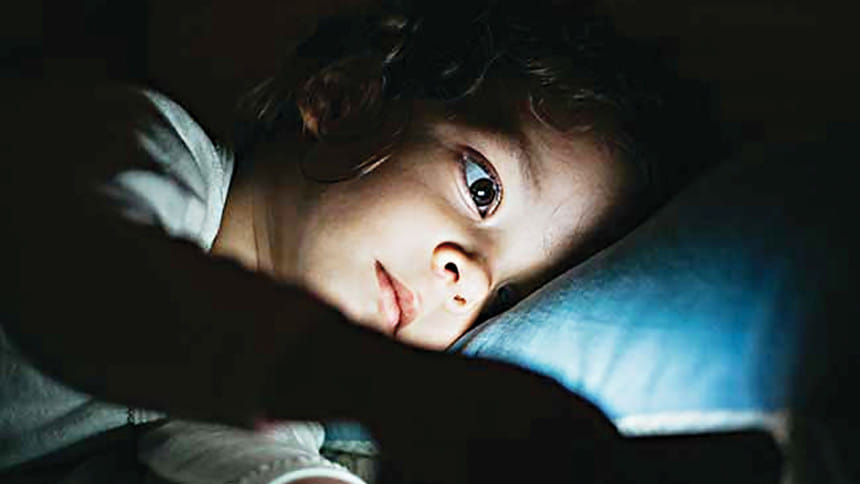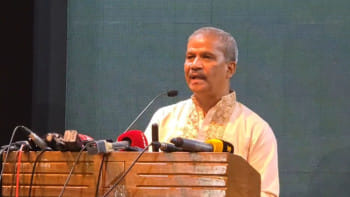Heavy electronic media use in late childhood linked to lower academic performance

A new study of 8- to 11-year olds reveals an association between heavy television use and poorer reading performance, as well as between heavy computer use and poorer numeracy — the ability to work with numbers. Lisa Mundy of the Murdoch Children's Research Institute in Melbourne, Australia, and colleagues present these findings in the open-access journal PLOS ONE recently.
The researchers found that watching two or more hours of television per day at the age of 8 or 9 was associated with lower reading performance compared to peers two years later; the difference was equivalent to losing four months of learning. Using a computer for more than one hour per day was linked to a similar degree of lost numeracy. The analysis showed no links between the use of videogames and academic performance.
These findings could help parents, teachers, and clinicians refine plans and recommendations for electronic media use in late childhood. Future research could build on these results by examining continued associations in later secondary school.

 For all latest news, follow The Daily Star's Google News channel.
For all latest news, follow The Daily Star's Google News channel. 



Comments